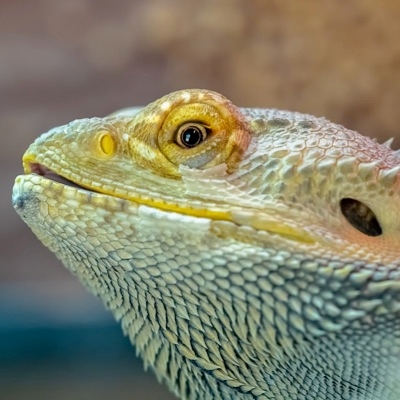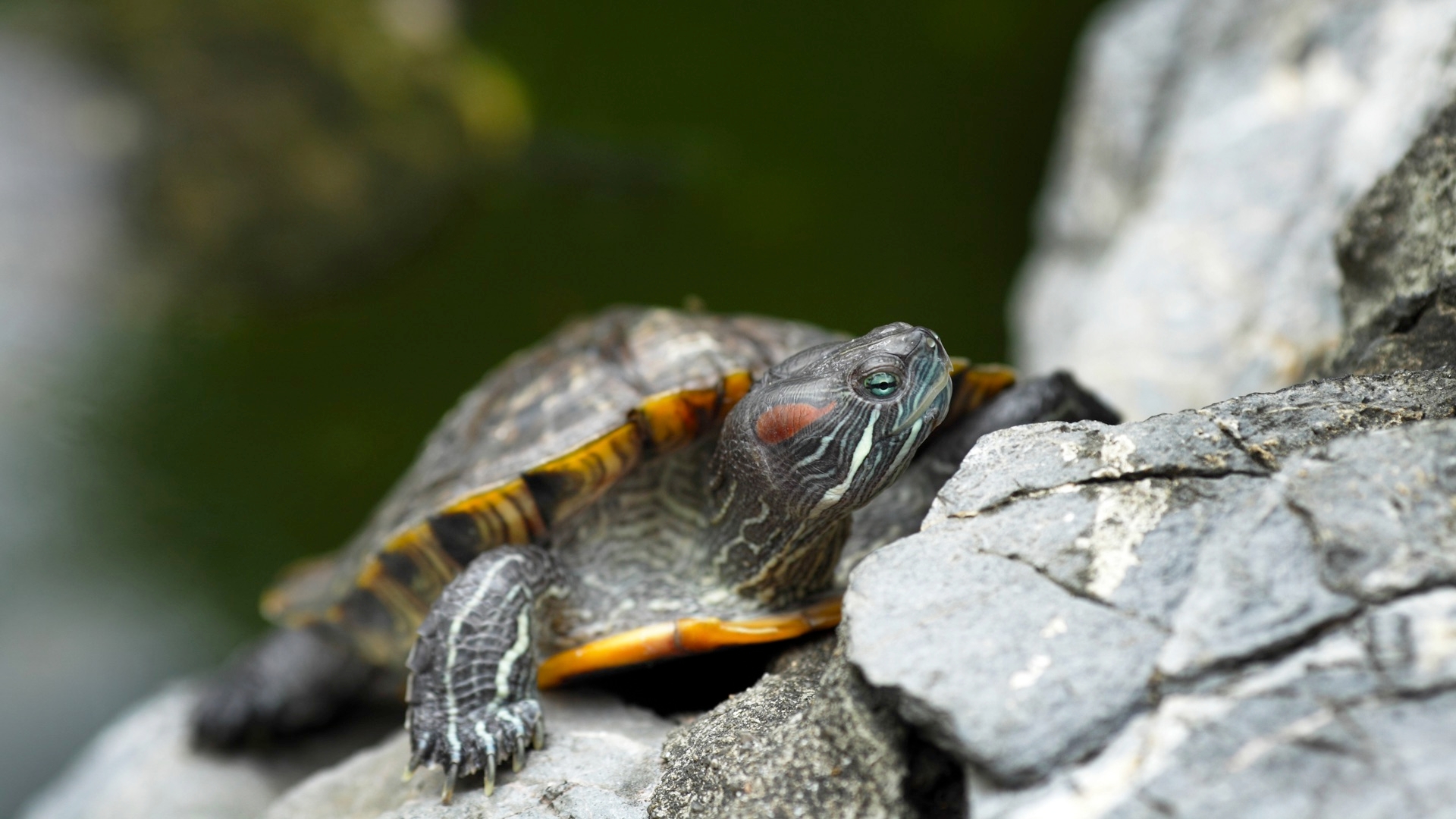Pet Turtles:
Cute But Commonly Contaminated With Salmonella
Summary:
Turtles commonly carry the Salmonella bacteria on their outer skin and shell surfaces. Reptiles like bearded dragons and geckos can also infect people with Salmonella. These little glassy-eyed creatures may look cute and harmless, but small turtles and reptiles like bearded dragons and geckos can make people very ill.


Turtles commonly carry the Salmonella bacteria on their outer skin and shell surfaces. Reptiles like bearded dragons and geckos can also infect people with Salmonella. These little glassy-eyed creatures may look cute and harmless, but small turtles and reptiles like bearded dragons and geckos can make people very ill.
People can get infected with Salmonella by coming in contact with:
- Turtles or other reptiles (lizards, snakes);
- Amphibians (frogs, salamanders, newts); and
- The habitats of reptiles or amphibians, such as cages, tanks and aquariums.
Salmonella can cause a serious or even life-threatening infection in people, even though the bacteria do not make reptiles or amphibians sick. On February 23, 2021, the Centers for Disease Control and Prevention announced the latest outbreak related to tiny turtles, which has so far caused 22 illnesses and one death.
People infected with Salmonella may have diarrhea, fever, stomach pain, nausea, vomiting, and headache. Symptoms usually appear six to 72 hours after contact with the bacteria and last about two to seven days. Most people recover without treatment; but some can become so sick that they need to be treated in a hospital.
Who Is at Risk of Salmonella Infection?
Anyone can get Salmonella infection. But the risk is highest in infants; young children; elderly people; and people with lowered natural resistance to infection because of pregnancy, cancer, HIV/AIDS, diabetes, and other diseases.
"All reptiles and amphibians have the potential to be carriers of Salmonella," says Vic Boddie II, Ph.D., a consumer safety officer in the Food and Drug Administration's Center for Veterinary Medicine. "And if children come in contact with small turtles, they run the risk of becoming very ill."
"Even if a small turtle doesn't look sick, it may still carry Salmonella that could make young children sick. And unfortunately, children will unknowingly infect themselves," Boddie says. "Kids have the tendency to put the small turtles in their mouths or play in the turtle habitat and then put their fingers in their mouths. Also, reptile habitats are sometimes cleaned in the kitchen sink, which could cross-contaminate food and eating utensils, which can be a serious risk to both kids and the elderly."
Surfaces such as counter tops, tabletops, bare floors, and carpeting can also become contaminated with the bacteria if the turtle is allowed to roam on them. The bacteria may survive for a long time on those surfaces. Proper handling and hygiene practices are extremely important in preventing the spread of the bacteria and keeping you and your family healthy.
Infection From Turtles and Bearded Dragons
In four outbreaks between March 1, 2017 and February 23, 2021, pet turtles were the likely source of Salmonella infection in 137 people, according to the Centers for Disease Control and Prevention (CDC). These four outbreaks were traced to Salmonella Typhimurium in small pet turtles in 2021, to Salmonella Oranienburg in pet turtles in 2019, and to Salmonella Agbeni in pet turtles in 2017. One patient has died in the 2021 outbreak. Among the 159 that got sick, 57 of them were so ill they had to be hospitalized. At least 25 children younger than five years were among those who got sick.
The investigations showed that shortly before many of the people became ill, they were exposed to a small turtle by touching, feeding, cleaning the habitat, or changing the water in the tank. Almost half of the people who had contact with small turtles reported buying and handling small turtles from a street vendor or receiving the turtle as a gift.
Bearded dragons also can be the source of a Salmonella outbreak. As of November 20, 2020, CDC received reports of 18 people in 11 states who were infected with Salmonella associated with bearded dragons. Pet geckos have also been implicated in Salmonella outbreaks. All reptiles carry Salmonella germs in their droppings even if they look healthy and clean. These germs can easily spread to their bodies, habitats, and anything in the area where they live.
As with turtles, these outbreaks generally affected children, and some infected individuals were hospitalized. It is extremely important that you and your family members wash your hands thoroughly with soap and water right after handling geckos or their habitats.
Advice for Consumers
- Don't buy small turtles or other reptiles or amphibians for pets or as gifts.
- If your family is expecting a child, remove any reptile or amphibian from the home before the infant arrives.
- Keep reptiles and amphibians out of homes with children younger than 5, the elderly, or people with weakened immune systems.
- Do not allow reptiles or amphibians to roam freely through the house, especially in food preparation areas.
- Do not clean aquariums or other supplies in the kitchen sink. Use bleach to disinfect a tub or other place where reptile or amphibian habitats are cleaned.
- Always wash your hands thoroughly with soap and water after touching any reptile or amphibian, its housing, or anything (for example, food) that comes in contact with the animal or its housing.
- Be aware that Salmonella infection can be caused by contact with reptiles or amphibians in petting zoos, parks, child-care facilities, or other locations.
- Watch for symptoms of Salmonella infection, such as diarrhea, stomach pain, nausea, vomiting, fever, and headache. Call your doctor immediately if you have any of those symptoms.


